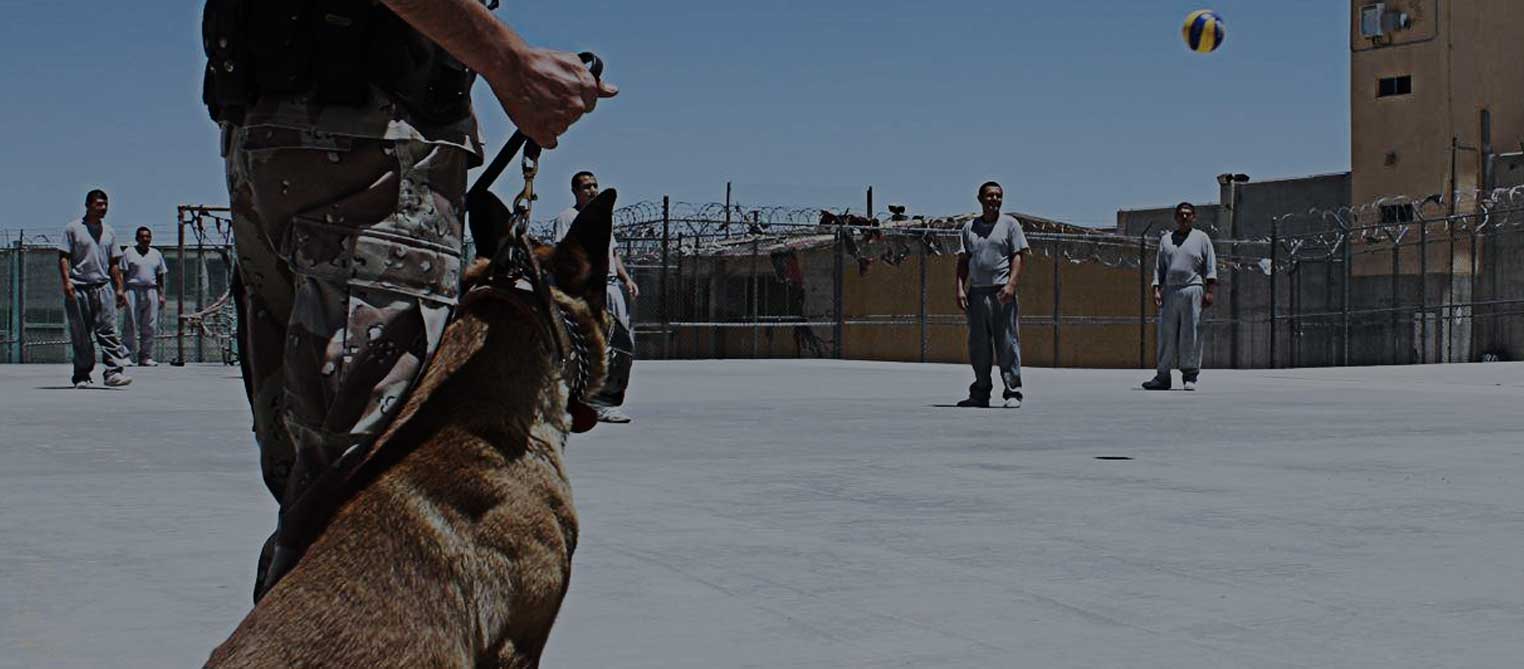On 20th March 2024, Virginia Governor Glenn Youngkin signed a bipartisan bill into law limiting the utilization of attack-trained dogs in state prisons, except in situations deemed “immediately necessary”, aiming to prevent the “threat of serious bodily injury or death” of prisoners or staff.
“Today, I’m pleased to sign bipartisan bills into law, including legislation that will aid economic development in Southwest Virginia Coal Country, put reasonable restrictions on the use of canines in corrections facilities, make it easier for Virginians to prosecute violations of their protective orders, and improve the delivery of services to Virginians with development disabilities by allowing them more time to work with support coordinators to find the right provider,”
Now, permission from a warden or another supervisor is required for the deployment of the dogs to break up a fight, and any altercation in which they are employed must now include a minimum of three prisoners.
The measure was taken following a Business Insider investigation in 2023, shedding light on potential abuses of power and advocating for reforms to improve conditions within the criminal justice system, addressing concerns about the humane treatment of prisoners and the appropriate use of force in law enforcement practices. It was disclosed that Virginia prisons utilize attack-trained dogs at a significantly higher rate compared to other states or commonwealths. Business Insider previously reported that between 2017 and 2022, prison dogs in Virginia assaulted 271 incarcerated individuals. In the same timeframe, Arizona, the state with the second-highest number of attacks, documented only 15 incidents.
According to the bill’s patron, Delegate Holly Seibold, ” The reports are absolutely appalling, they are complete human rights violations.”
Referring to the abuse and mistreatment of detainees, it is important to remember The Abu Ghraib scandal in Iraq during the early 2000s, particularly by personnel from the United States military. It sparked international outrage and led to investigations, prosecutions, and reforms within the U.S. military and its detention practices. It also raised broader questions about the treatment of prisoners in wartime and the ethical conduct of military personnel.
Sgt. Santos Cardona and Michael Smith were among the military personnel implicated in the abuse at Abu Ghraib. They were involved in incidents where dogs were used to intimidate and terrorize detainees, contributing to the overall pattern of abuse and misconduct at the prison. The mistreatment included physical abuse, humiliation, torture, and the use of attack dogs to intimidate and threaten detainees.

